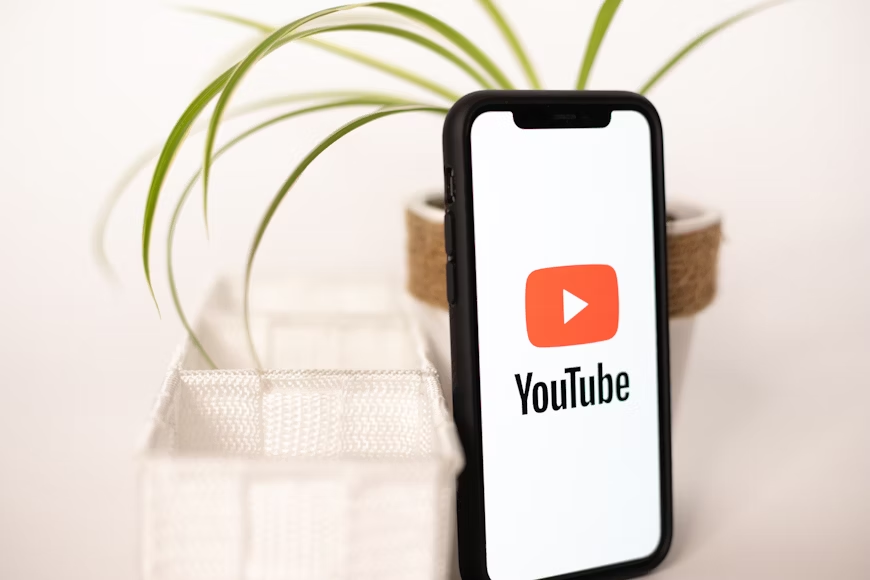In recent years, video streaming platforms have been tightening their rules around password sharing, and now YouTube seems to be following the same path as Netflix. According to recent reports, YouTube is preparing to enforce stricter regulations on its Premium Family Plan by ensuring that only members of the same household can use the subscription.
This move comes after widespread misuse of the YouTube Premium Family Plan, where users were sharing access with friends and relatives who did not live at the same address.
Table of Contents
What Is the YouTube Premium Family Plan?
The YouTube Premium Family Plan is priced at ₹299 per month in India. Under this plan, one family manager can add up to five additional accounts, making a total of six members. The major benefit of Premium is an ad-free experience, along with offline downloads and YouTube Music Premium access.
The plan is intended for families living under the same roof. However, until now, the address verification rule was not implemented strictly. This led to many users inviting friends or distant relatives into their family plan, effectively bypassing the intended restriction.
Why Is YouTube Taking Action Now?
Netflix recently set the trend by blocking accounts that share passwords outside of one household, forcing extra users to either pay for a sub-account or purchase their own subscription. The step, though controversial, helped Netflix add new subscribers globally.
YouTube seems to have taken inspiration from this strategy. By enforcing the “same household” rule, Google aims to reduce revenue loss from password sharing and encourage more people to buy their own plans instead of relying on someone else’s subscription.
YouTube Is Sending Warning Emails
According to a report from Android Police, YouTube has already started sending warning emails to some Premium Family users. The subject line reads:
“Your YouTube Premium family membership will be paused.”
The email explains that all members must be located in the same household. If a member does not comply, their Premium access could be suspended within 14 days.
Previously, YouTube relied on an electronic check-in system every 30 days to verify accounts, but this method wasn’t very effective. The new approach appears much stricter and could soon impact millions of users who are sharing their accounts beyond their households.
What Happens If You Don’t Follow the Rules?
Members who fail to verify their household address will lose access to Premium features.
Their account will revert to the free version of YouTube, which includes ads.
Only legitimate family members living at the same address will continue enjoying Premium benefits.
Essentially, this move means users can no longer add friends or relatives from other cities or homes to their family plan.
How This Affects Users in India
In India, the YouTube Premium Family Plan is a popular choice because it allows six people to enjoy ad-free YouTube for just ₹299 per month, which is very affordable when split among multiple people.
However, with the new enforcement:
Friends living in different cities will no longer be able to share one plan.
Families living together will remain unaffected.
Some users may have to buy their own subscription or switch to the individual plan priced at ₹139 per month.
Will This Strategy Work?
Netflix faced initial backlash when it restricted password sharing, but over time, it saw a rise in new subscriptions. YouTube might be betting on the same outcome.
While some users will be upset about losing access, others may eventually decide to subscribe individually. The move is expected to increase YouTube’s revenue while also ensuring fair use of the Premium Family Plan.
Final Thoughts
Just like Netflix, YouTube is now serious about curbing password sharing. By restricting the Premium Family Plan to members living in the same household, the platform is aiming to prevent misuse and push more people toward individual subscriptions.
Although this may feel like a loss for users who enjoyed affordable shared plans with friends, it reflects a broader shift in the streaming industry: companies want to ensure that every viewer pays their fair share.
If you’re currently sharing YouTube Premium with people outside your home, be prepared—your access may be revoked soon.
Disclaimer: The information in this article is based on details first reported by official sources and publicly available news, including Google News. We have adapted and rewritten the content for clarity, SEO optimization, and reader experience. All trademarks and images belong to their respective owners.

